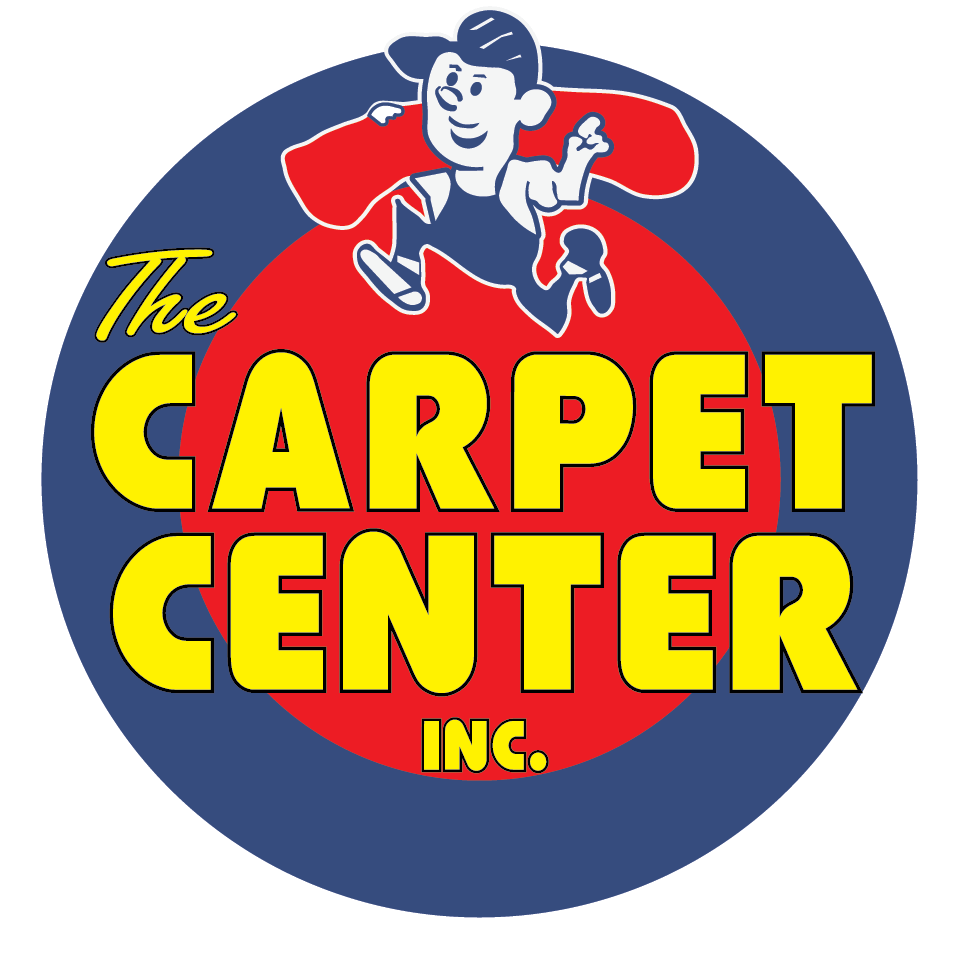Expert Carpet and Flooring Services in Central Arkansas
From Conway to Jonesboro, our flooring experts deliver reliable service and lasting results you can trust.
Your One Stop Shop
Trusted By Arkansans For Quality Floors That Last
At The Carpet Center, we’re here to do more than sell floors. We want to be your partner in creating a home that truly reflects you. Flooring is about more than just appearance. It influences how a room feels when you walk in, how comfortable it is to live in, and how simple it is to maintain day after day. The right floors can add value, bring warmth and comfort, and give you a foundation that supports the life you’re building.
We love helping families turn ideas into reality, whether you’re starting fresh or remodeling a space you already love. From choosing the right design to professional installation and long-term care, we’re with you at every step to make sure your vision comes to life.
Here’s Why The Carpet Center Is The Right Partner For Your Floors:
- Wide Selection: From carpet and hardwood to tile and vinyl, we offer flooring options to match every style and budget.
- Personal Guidance: Our team takes the time to understand your needs and help you choose the flooring that works best for your home or business.
- Professional Installation: Skilled installers ensure your floors are placed with care so they look great and last for years.
- Fair Pricing: We offer competitive prices on both flooring materials and installation, giving you quality and value without compromise.
- Lifetime Care: Our commitment extends beyond the sale. We provide ongoing cleaning and maintenance advice to keep your floors looking their best for years to come.
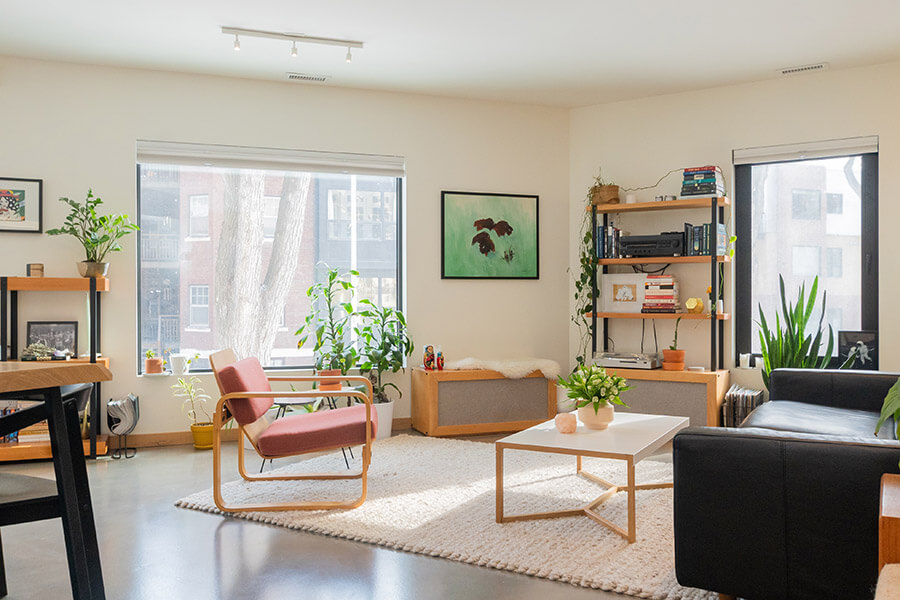
Explore Your Options
Choices That Fit Every Space
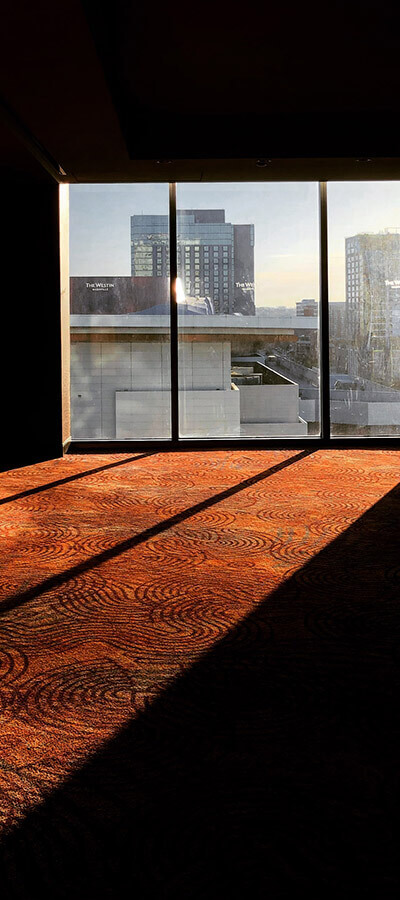
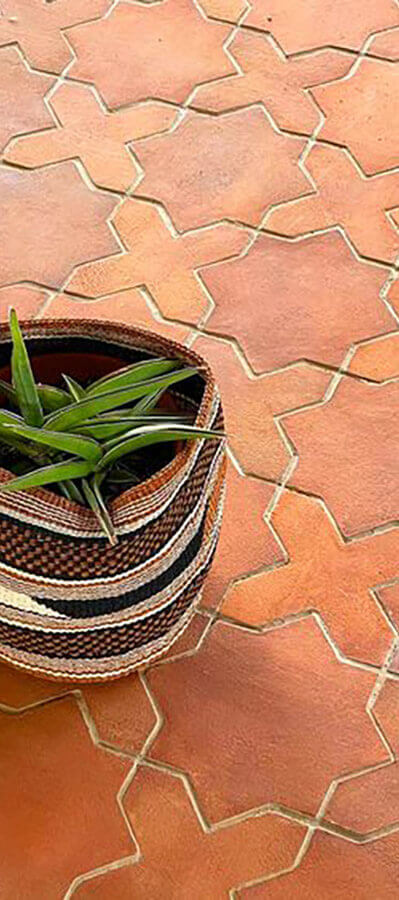
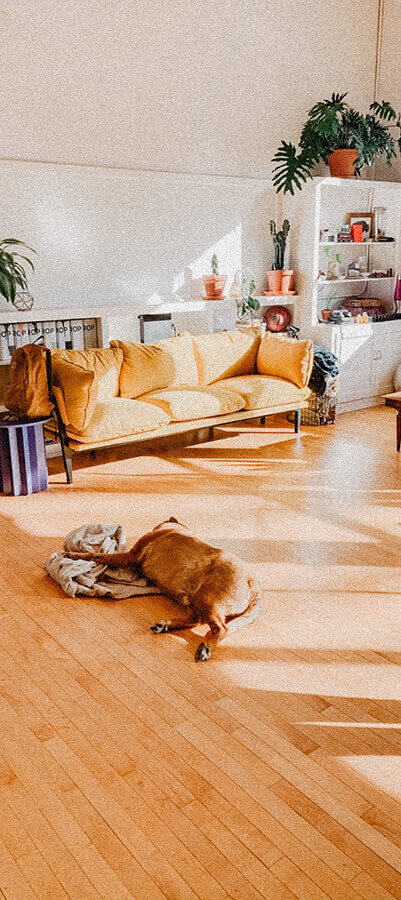
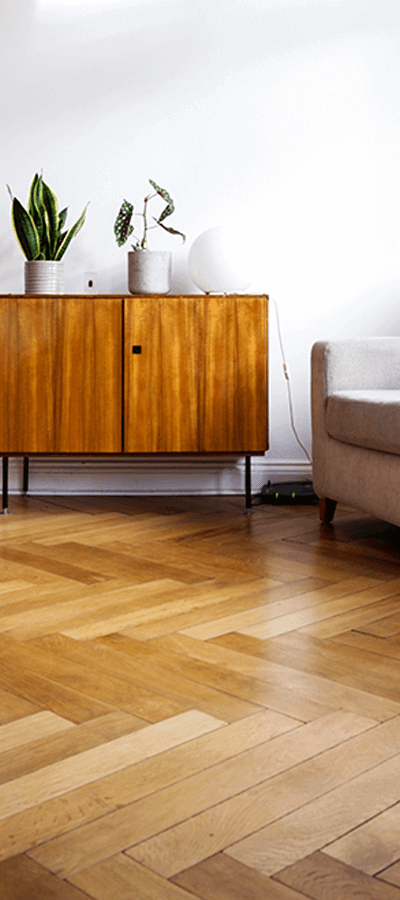
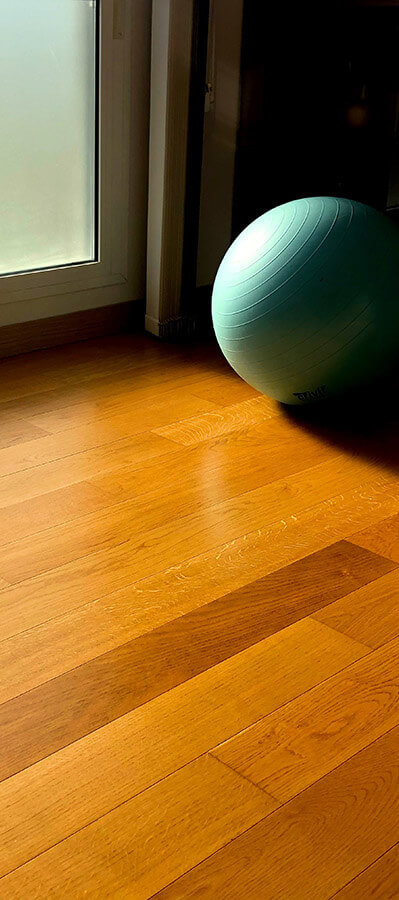

More Than Just Carpet
Expert Guidance, Trusted Service, Lasting Value
Finding the right floor should feel simple, not stressful. That’s why we focus on pairing top-quality products with skilled installation and straightforward pricing. Our reputation has been built on trust, and we work hard to make sure you always get lasting value.
Choosing new flooring is a big decision, but you don’t have to figure it out alone. Our team is here to guide you through the process, answer your questions, and help you land on a solution that fits both your home and your budget.
The Carpet Center is where quality, service, and value come together to create a space you’ll love for years to come.
What to Expect
A Clear Path To Your Perfect Floor

1. Consultation
Our team takes the time to understand your needs and recommends flooring options that fit your budget and style. We’re here to guide you, not to pressure you.

2. Select Your Flooring
After you’ve narrowed your flooring options, take a sample home to try it in your space. We’ll set up an appointment to measure your home and give a clear bid before installation.
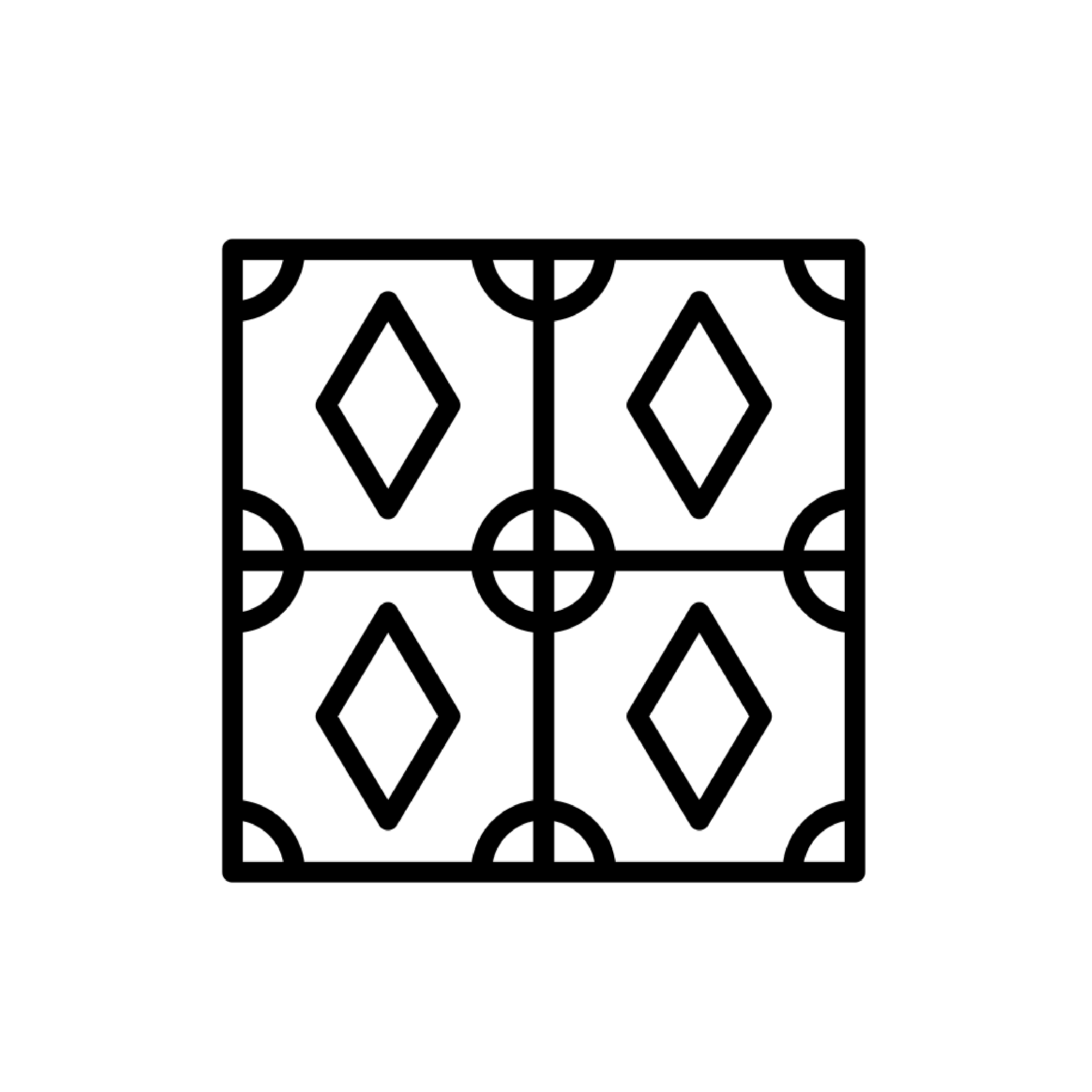
3. Installation
After the deposit and price are confirmed, installation is scheduled. We’ll photograph furniture placement, handle items with care, and when the job is complete, clean the floors and restore everything to its original position.
Flooring Guidance You Can Trust
Tips and Insights for Every Space
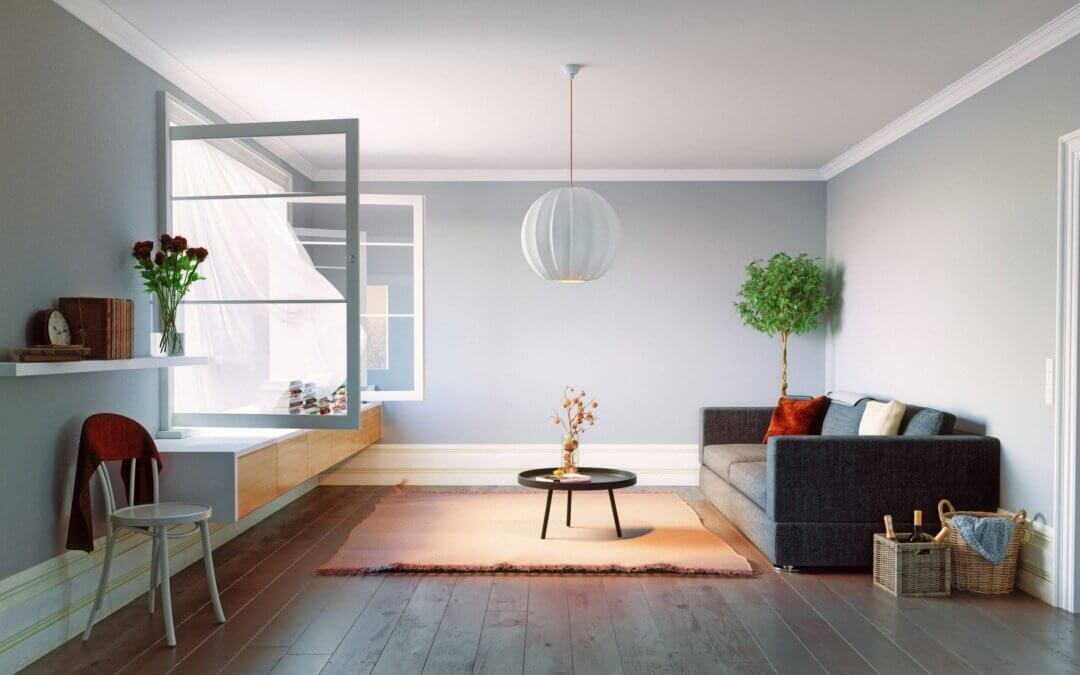
How Weather Changes Affect Your Flooring in Arkansas
Arkansas is known for its varied weather, from humid summers to cold winters, and everything in between. These seasonal changes can take a toll on your home’s flooring if not properly cared for. Hardwood, carpet, tile, and vinyl all respond differently to temperature fluctuations, moisture, and humidity, making it important for homeowners to understand how weather affects their floors and take proactive steps to protect them.
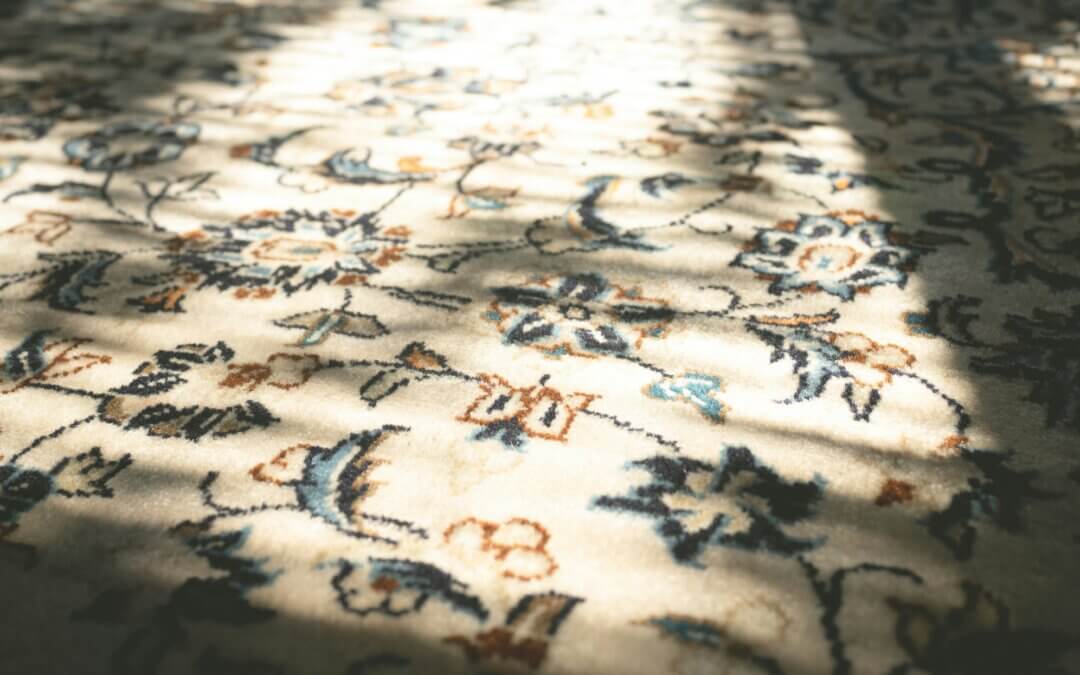
How Often Should You Replace Carpet Padding?
Carpet padding is the unsung hero of your flooring. It adds comfort underfoot, absorbs daily impact, and plays a major role in extending the life of your carpet. While most homeowners focus on the appearance and condition of the carpet itself, the layer beneath it quietly does the heavy lifting. Quality padding helps your carpet maintain its shape, reduces wear from foot traffic, and creates a softer, more comfortable living space.
Over time, however, even the best padding begins to break down. In Arkansas homes, where humidity levels, seasonal weather changes, and active households are common, padding can deteriorate faster than many people realize. When padding loses its ability to cushion and support, your carpet begins to show signs of stress such as matting, rippling, or uneven wear. Ignoring these early warning signs can lead to premature carpet replacement, which is far more costly than maintaining the foundation underneath.
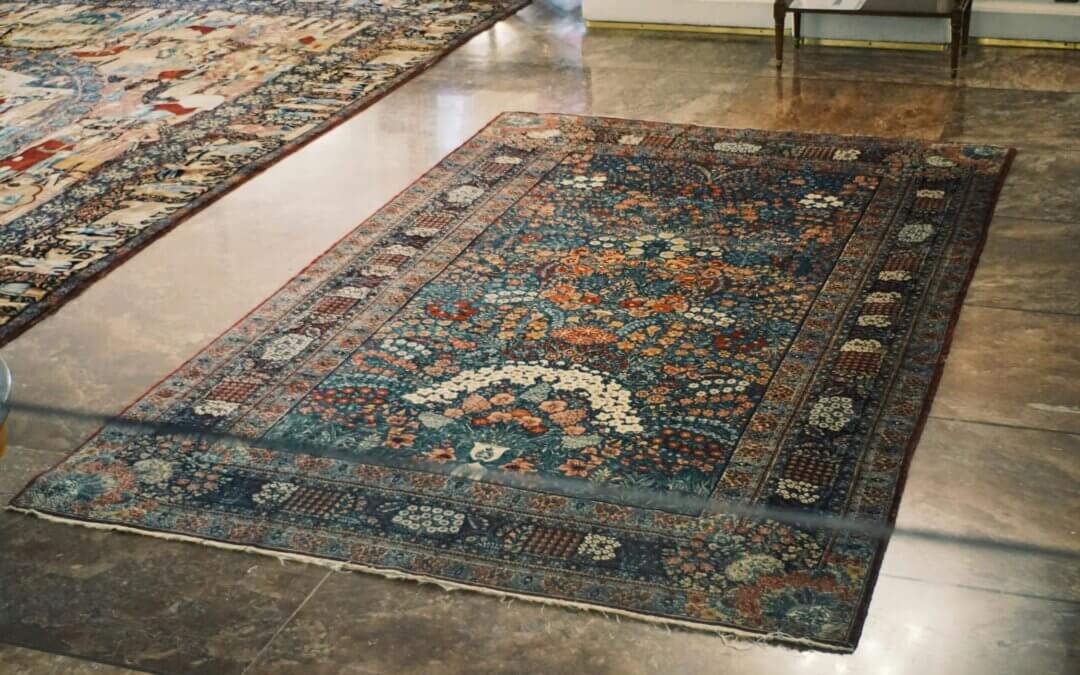
The Ultimate Guide to Post-Holiday Carpet Cleaning
The holidays bring joy, gatherings, and plenty of foot traffic. Once the decorations come down, many homeowners notice the aftermath on their carpets. Spills, crumbs, tree needles, and general wear can leave carpets looking tired. Post-holiday carpet cleaning is the best way to refresh your home for the new year and restore a clean, comfortable living space.
Below is a simple, practical guide to help you tackle carpet care after a busy holiday season, along with tips to know when it is time to call in professional carpet care support.
Still Looking For More Answers?
WE'RE HERE TO HELP!
Have questions about flooring or our services? Our team is ready to provide guidance, answer your questions, and help you find the right solution for your space.
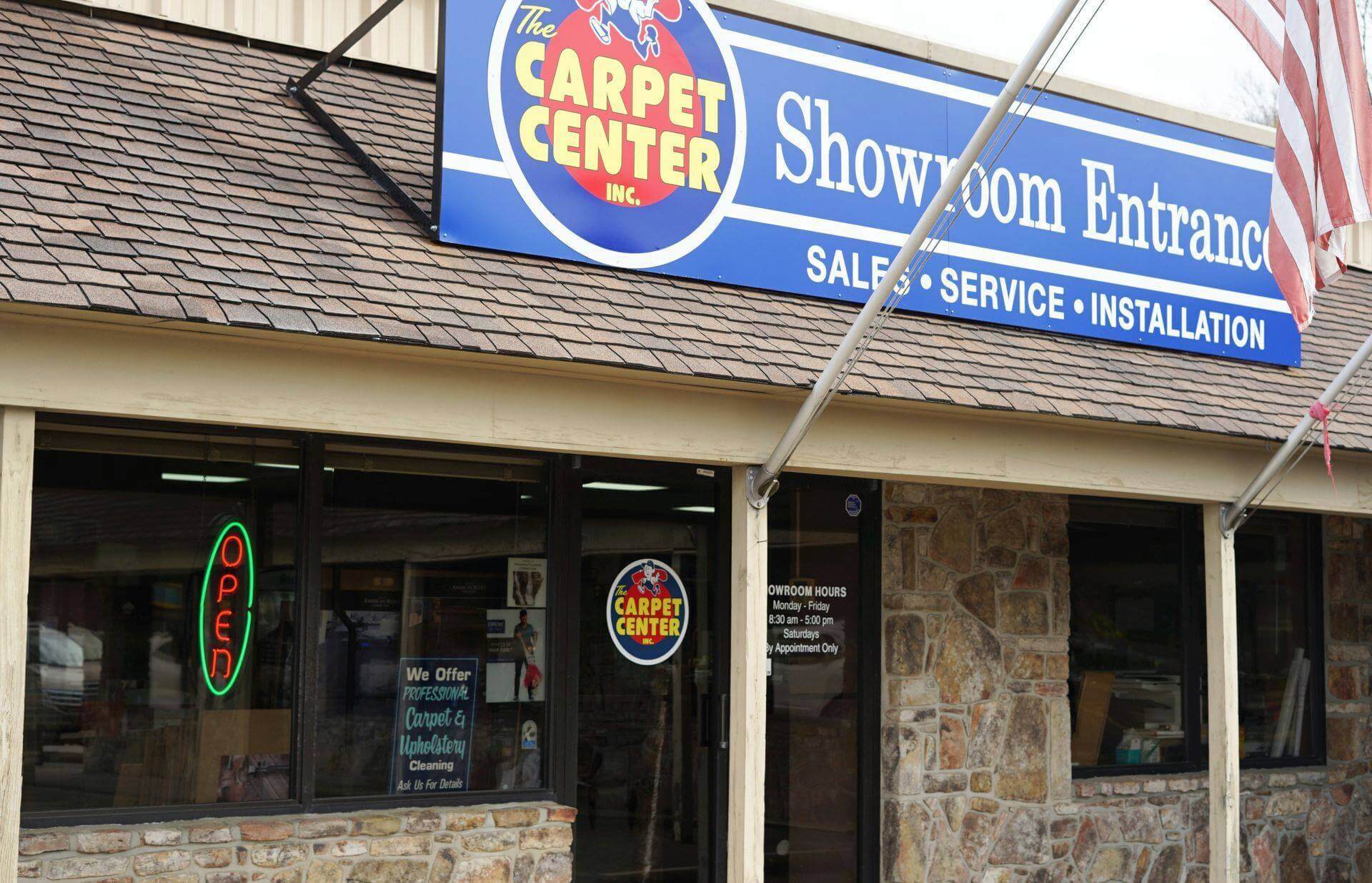
Visit Our Showroom
Explore Flooring Options You’ll Love
Stop by The Carpet Center in Conway to see our wide selection of flooring and get expert guidance from our friendly team. We’re here to help you find the perfect fit for your style and budget.
